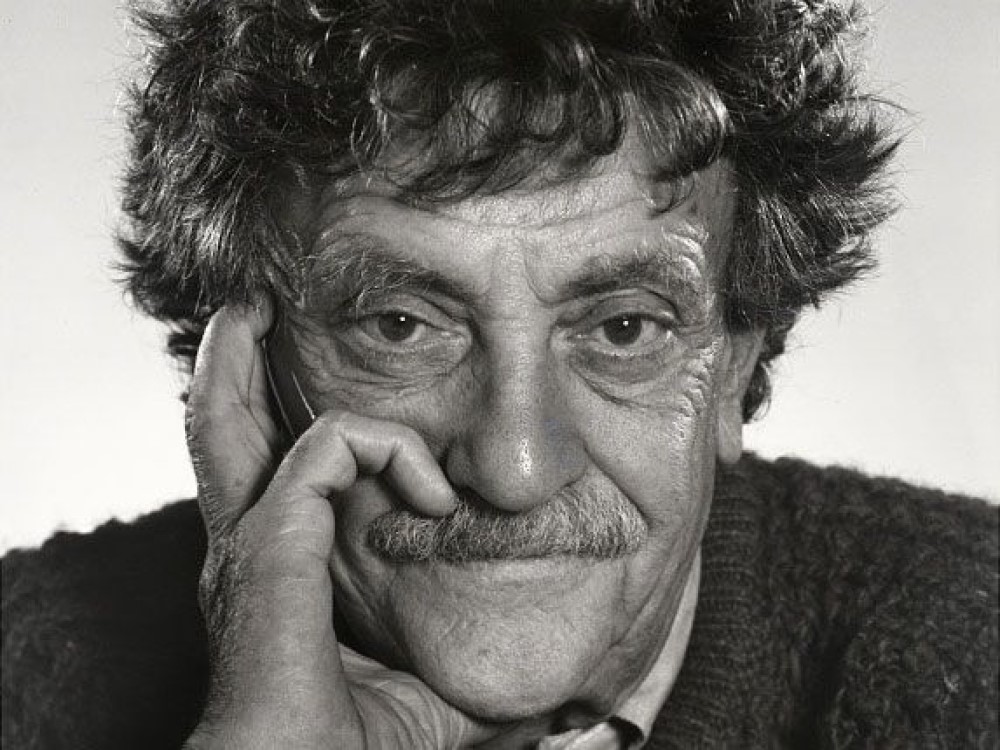
One of the most acclaimed American writers of the 20th century, Kurt Vonnegut left a deep literary influence by creating truly unique novels that eschewed genre conventions in favor of blending disparate categories such as science fiction with humor, social commentary with absurdity, and so on. Born in 1922, Vonnegut's reputation was greatly enhanced in 1969 with the publication of “Slaughterhouse-Five,” a novel based on his own experiences as an American soldier who witnessed the destruction of Dresden, Germany by Allied firebombs in World War II. In a career spanning over 50 years, Vonnegut wrote numerous plays, essays, and short fiction—in addition to his 14 novels. Apart from writing, he also taught at Harvard and served as the honorary president of the American Humanist Association. In 1999, an asteroid was named "25399 Vonnegut" in his honor.
Academically proficient, Vonnegut enrolled at Cornell University in Ithaca, New York in 1940. He wanted to study humanities, or become an architect, but family pressure resulted in Vonnegut choosing a "useful" biochemistry major at Cornell. It was while at the university that he was able to hone his natural writing skills, though. Vonnegut overcame stiff competition for a spot at the university's independent newspaper, The Cornell Daily Sun, first serving as a staff writer, then as an editor. Later, he would be influenced all his writing life by the simple rules of journalism: get the facts right, compose straightforward declarative sentences, and know the audience. However, the good times didn't last. After coming down with a severe case of pneumonia, Vonnegut ended up withdrawing from Cornell during his junior year.
Despite never graduating, Vonnegut often spoke highly of his time at Cornell. He made his first campus return in 1980, to speak at an alumni banquet celebrating the 100th anniversary of The Cornell Daily Sun. Showing his loyalty again, Vonnegut would return in 2005 to honor The Sun’s 125th anniversary. Following the writer's death in 2007, The Sun memorialized Vonnegut by reprinting works he'd penned over the years. Even better, The Sun has also reprinted columns Vonnegut wrote for The Sun in the 1940s.
"Cornell was a boozy dream," Vonnegut once reminisced, "partly because of the booze itself, and partly because I was enrolled in courses I had no talent for." He later elaborated: "Being drunk was utterly acceptable. That's when I first decided this country was crazy."
